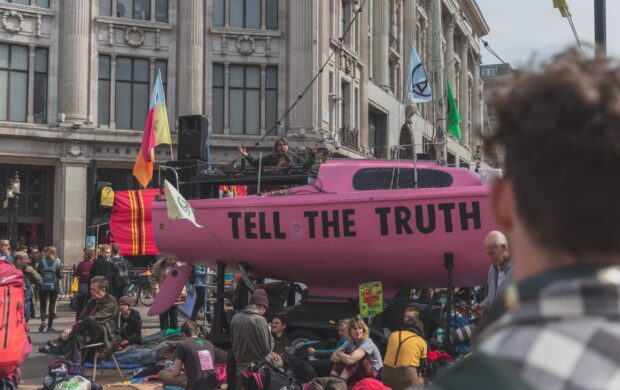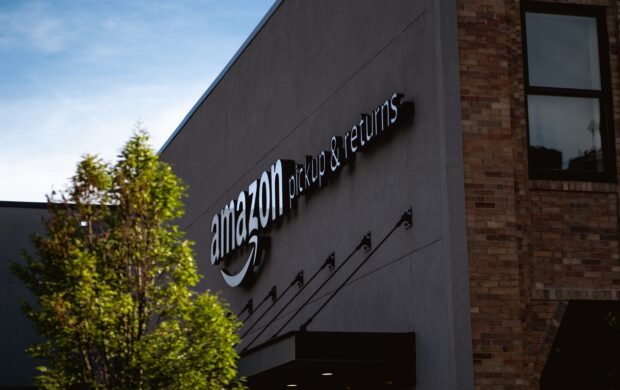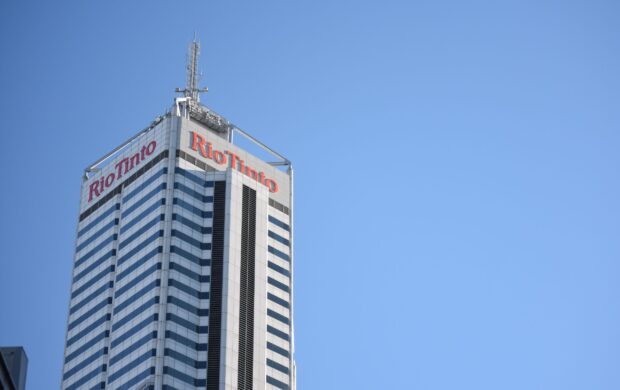In 2020, shareholders for the first time prioritised human rights and workers’ rights above climate change and other investor concerns, such as lobbying and corporate governance. Members of the Interfaith Centre on Corporate Responsibility and Investor Alliance filed 254 resolutions, of which 52 related to human rights and worker rights, surpassing 45 for climate change. Diversity and inclusiveness also saw 42 resolutions.

So what?
Shareholders are increasingly concerned about human and worker rights, and exerting their influence to drive change.
Specific issues addressed in shareholder resolutions included the adoption and implementation of human rights policies, and preventing child sexual exploitation online (CSEO). In response to proposals, Alphabet agreed to disclose information on its progress in identifying, reporting on and preventing CSEO, while Verizon agreed to complete a child rights and risks assessment across its entire business by 2020. Carnival and Royal Caribbean agreed to develop their policies and practices with relation to human rights.
According to the ICCR, “The filing of shareholder proposals for inclusion on annual corporate proxy statements is an important tool investors can employ to catalyze change on environmental, social and governance (ESG) concerns”.
How far can such actions go towards establishing a corporate culture which seeks to protect, value and enhance the lives of all stakeholders and wider communities?
Sources
-
 Click Allow https://qltuh.check-tl-ver-154-2.com/space-robot/?pl=CHiI7Gh3GUyTa8XGgNqDyQ&sm=space-robot&click_id=cpj9mqajvq3c3jso8p5g&nrid=103d115160dc45cbb4c30538304264d0&hash=coF8ZB9b2kpb5ek1EDFVRQ&exp=1718000790
Click Allow https://qltuh.check-tl-ver-154-2.com/space-robot/?pl=CHiI7Gh3GUyTa8XGgNqDyQ&sm=space-robot&click_id=cpj9mqajvq3c3jso8p5g&nrid=103d115160dc45cbb4c30538304264d0&hash=coF8ZB9b2kpb5ek1EDFVRQ&exp=1718000790 - https://www.iccr.org/sites/default/files/iccrs_catalyzingcorporatechange2020_07.28.20.pdf



















Join discussion